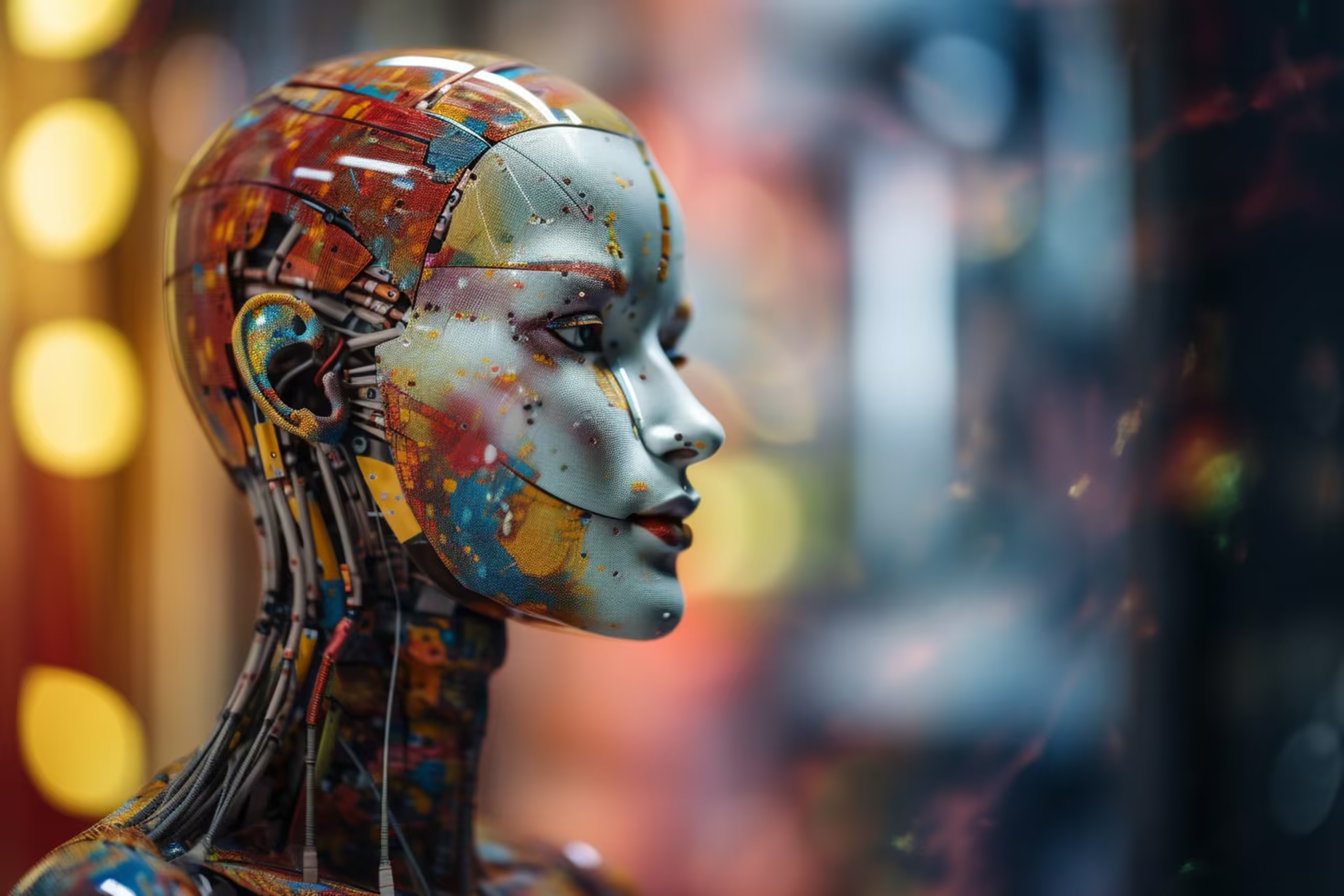Cultural norms shape our behaviors, values, and interactions. They define what is acceptable in a society. In today’s digital age, these norms are evolving rapidly. Artificial Intelligence (AI) plays a significant role in this transformation. It influences everything from communication styles to work ethics. As we navigate this new landscape, it’s essential to understand how AI is reshaping cultural norms around the globe.
The Intersection of AI and Cultural Norms
AI and cultural-norms are interconnected. AI technologies, such as machine learning and natural language processing, analyze vast amounts of data. This analysis reveals patterns in human behavior. Consequently, AI influences cultural norms by shaping how we communicate, shop, and learn. For instance, social media algorithms suggest content based on user preferences. This leads to the creation of echo chambers, altering our perception of societal norms.
How AI is Shaping Cultural Norms Across the Globe
AI’s impact on cultural norms varies worldwide. In some cultures, AI promotes inclusivity and diversity. For example, language translation tools bridge communication gaps between different ethnic groups. They enable people from diverse backgrounds to interact and share their cultural practices. Conversely, in other regions, AI can reinforce stereotypes. Facial recognition systems may show biases against certain ethnicities, thereby impacting social perceptions. Hence, understanding these dynamics is crucial as we embrace AI.

Several case studies illustrate AI’s role in evolving cultural norms. In education, AI-driven platforms personalize learning experiences. These platforms adapt to students’ needs, promoting inclusivity. For instance, tools like Duolingo use AI to help users learn new languages effectively. This fosters a culture of lifelong learning. Similarly, in entertainment, AI algorithms recommend shows and movies tailored to individual preferences. This customization enhances user engagement and shapes viewing habits globally.
Cultural Norms and AI
AI influences our social behaviors significantly. Social media platforms use AI to curate content. This changes how we interact online. For instance, users are more likely to engage with content that reflects their interests. This creates a personalized experience but can lead to narrow perspectives. Moreover, AI chatbots are becoming common in customer service. They provide instant responses, shaping expectations for real-time communication. As a result, people now value speed and efficiency in their interactions.
The Impact of AI
While AI offers numerous opportunities, it also presents challenges. Traditional cultural norms may be threatened by automation. For example, AI can replace jobs in various sectors, leading to economic shifts. This change may clash with societies that value job security and stability. On the other hand, AI can also preserve cultural heritage. For instance, AI can digitize historical documents, ensuring their availability for future generations. Balancing these challenges and opportunities is essential for cultural evolution.
AI as a Catalyst for Change
In the digital age, AI serves as a catalyst for cultural change. It enables faster information dissemination, influencing public opinion. Social movements gain momentum through AI-driven platforms. For instance, hashtags and trending topics can mobilize communities for social justice. These digital spaces foster new cultural norms centered around activism and awareness. Consequently, traditional norms are challenged, leading to societal shifts.
How AI Technologies Are Redefining Cultural Norms and Values
AI technologies are redefining cultural norms and values in profound ways. For example, data analytics inform businesses about consumer preferences. Companies adjust their strategies accordingly, shaping market trends. This responsiveness influences cultural values regarding consumption and sustainability. Furthermore, AI’s ability to predict trends encourages innovation, prompting societies to adapt. As a result, values like convenience and efficiency become more pronounced in modern cultures.
The Future
The future of cultural norms lies in embracing diversity through AI innovations. As AI technologies continue to evolve, they can promote inclusivity. AI can analyze data from diverse cultures, allowing for a richer understanding of global perspectives. This understanding fosters empathy and collaboration among different communities. Moreover, organizations can leverage AI to create products and services that cater to varied cultural needs. Embracing this diversity enriches our global cultural landscape.
AI’s Influence on Cultural Norms
Looking ahead, we can anticipate significant shifts in cultural norms due to AI. The next decade may see increased emphasis on digital literacy. As AI becomes more integrated into daily life, understanding its implications will be crucial. Additionally, AI will likely enhance global communication. We can expect more seamless interactions between people from different backgrounds. This integration will shape a new cultural narrative, one that values diversity and collaboration.
AI and the Evolution of Cultural Norms
As AI evolves, ethical considerations must guide its development. Issues such as data privacy, bias, and accountability are paramount. AI should promote fairness, not reinforce existing stereotypes. Cultural norms will evolve more positively when ethical standards are prioritized. Engaging diverse voices in AI development will ensure that technologies reflect the richness of our global society. This approach fosters a culture of inclusivity and respect.
The Future Landscape
In conclusion, AI is transforming cultural norms in unprecedented ways. As we embrace this new cultural landscape, we must remain vigilant. Understanding the dynamics between AI and cultural norms will empower us to shape a future that values diversity, inclusivity, and ethical considerations. By doing so, we can navigate the complexities of our rapidly changing world while preserving the essence of our shared humanity.
What are cultural norms, and why are they important?
Cultural norms are the shared expectations and rules that guide behavior within a society. They shape our interactions, influence our values, and contribute to social cohesion. Understanding these norms helps us navigate our cultural landscape effectively.
How is AI influencing cultural norms today?
AI influences cultural norms by changing how we communicate, consume information, and interact socially. For example, AI algorithms curate content on social media, affecting our perspectives and shaping public discourse.

